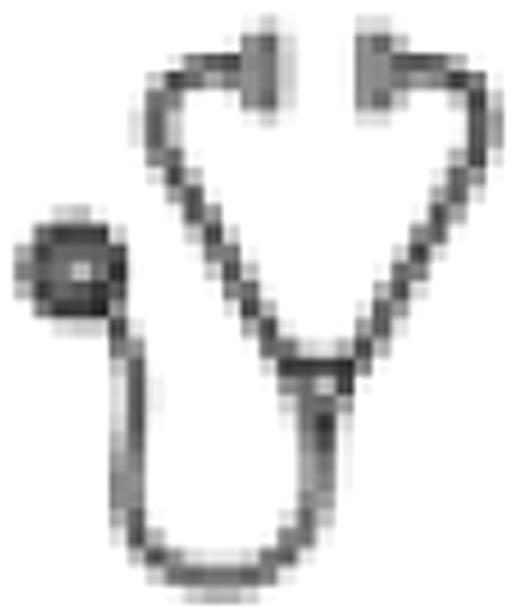Abstract
Abstract 3352
Recombinant activated factor VII (rFVIIa, NovoSeven®) is approved for the treatment of spontaneous and surgical bleeding in patients with haemophilia A or B and with antibodies to either factor VIII or factor IX. However rFVIIa has increasingly been used for indications outside the approved areas as a last resort treatment in trauma, cardiac surgery and other critical bleeding episodes despite the absence of conclusive randomized clinical trial (RCT) data.
The aim of the Haemostasis Registry was to collect data (including dose, adverse events and outcome) on the off-license use of rFVIIa in Australia and New Zealand.
Monash University established the Haemostasis registry in 2005 with an educational grant from Novo Nordisk Pharmaceuticals. More than 100 hospitals (including all major users of rFVIIa in Australia and New Zealand) contributed data to the Registry covering a ten year period (2000 to 2010).
More than 3600 off-license rFVIIa cases have been reported to the Registry. 65% of cases were male and the median age was 56 years. Major areas of use were cardiac surgery (∼43%), other surgery (18%) and trauma (13%). The majority (∼77%) of patients received a single dose of rFVIIa with a median (IQR) dose of 91 (73-103) mcg/kg. Seventy-four percent of cases documented a response (decrease or cessation of bleeding) following rFVIIa. Patient mortality rate at 28 days was lower if bleeding was reportedly stopped or decreased (88% or 82% vs. 39% no change, respectively) (χ22=533, p<0.001). Stepwise logistic regression analysis identified the number of units of RBC's, pH and context of bleeding as significant independent predictors of patient response to rFVIIa administration and pH, context of bleeding and units of FFP were included in the best predictive model of patient outcome at 28 days. Thromboembolic adverse events were reported in 7.5% of all patients however risk-adjusted adverse event rates in Haemostasis Registry cardiac patients were not significantly different from those seen in non-rFVIIa treated cardiac patients recorded in the ASCTS registry (www.ascts.org).
The Haemostasis Registry is the largest dataset of its kind and provides critical observational data on the importance of pH, temperature and coagulopathic state in determining the response to rFVIIa. Although the role of rFVIIa in critical bleeding is still not clear, the Haemostasis Registry has been an invaluable resource for rigorously tracking adverse events and helping to guide clinical practice in an arena unlikely to be supported by new RCT data.
Phillips:Novo Nordisk: Educational Grant. Off Label Use: rFVIIa; used for the treatment of critical bleeding in trauma, cardiac surgery, liver and obstetrics. Zatta:Novo Nordisk: Educational Grant. McNeil:Novo Nordisk: Educational Grant. Cameron:Novo Nordisk: Educational Grant.

This icon denotes an abstract that is clinically relevant.
Author notes
Asterisk with author names denotes non-ASH members.

This feature is available to Subscribers Only
Sign In or Create an Account Close Modal